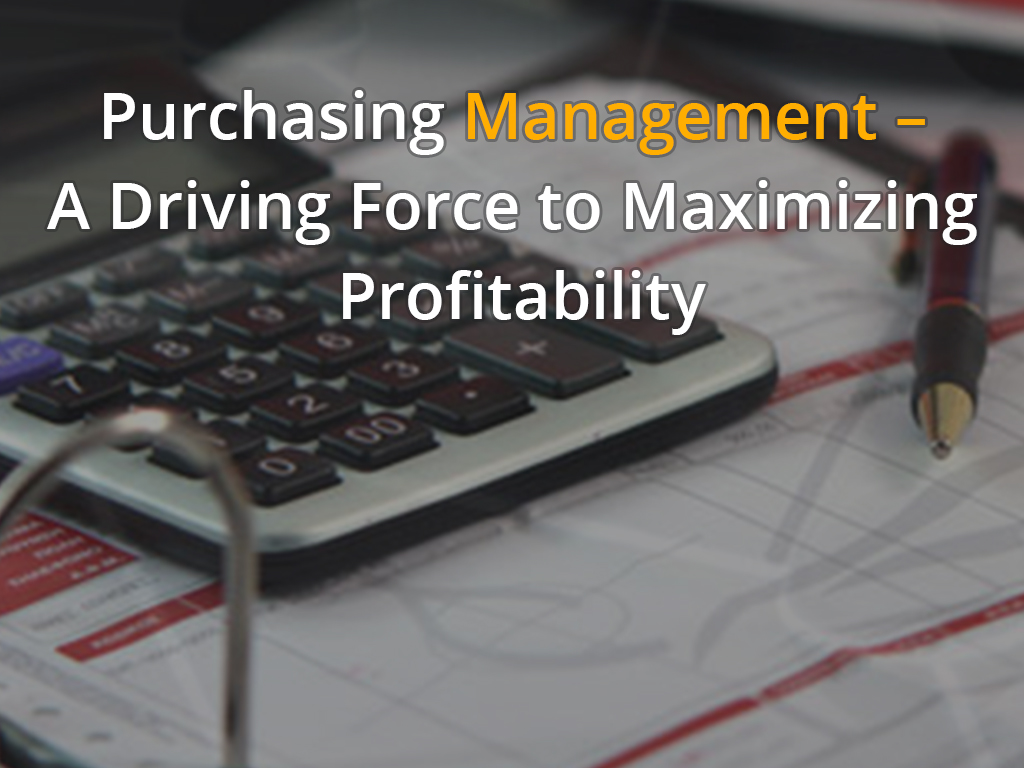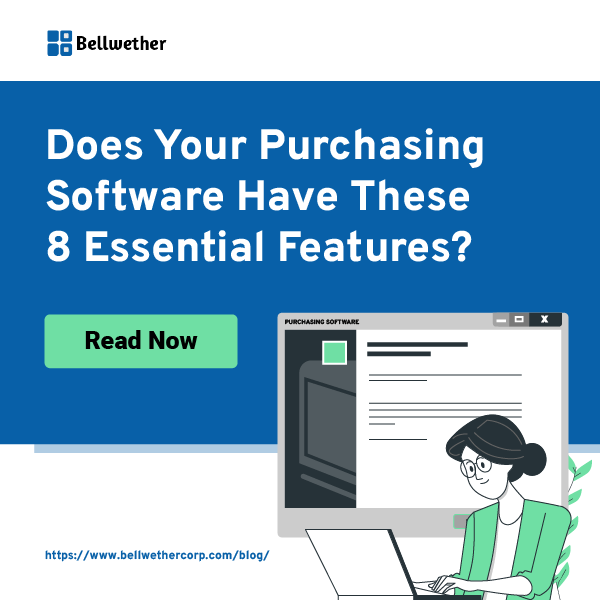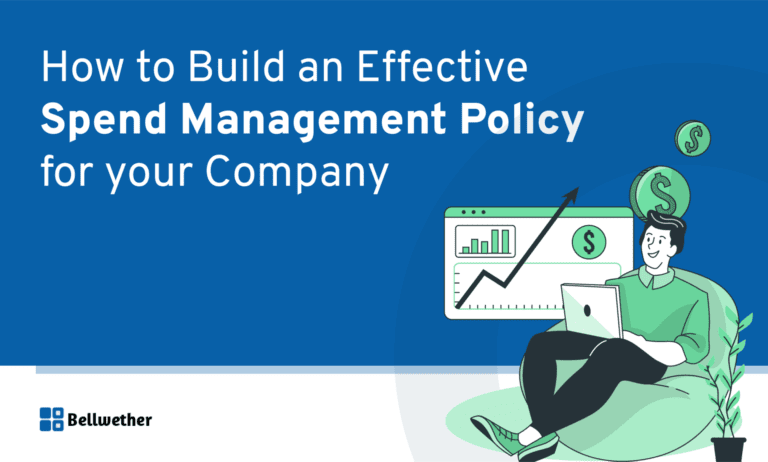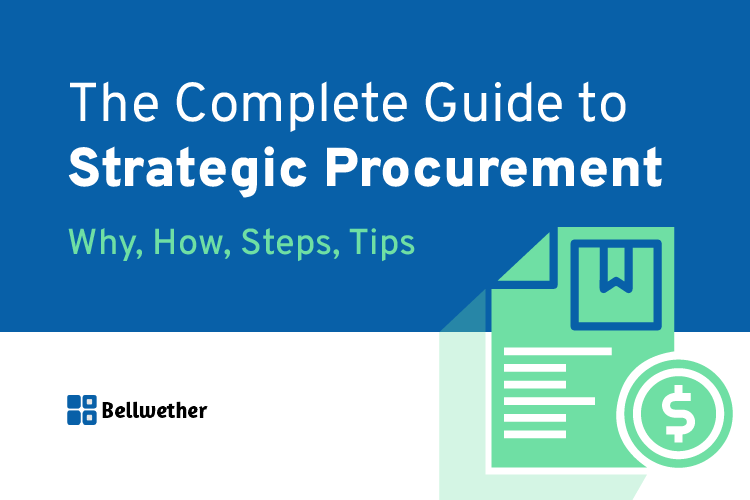Purchasing Managers, purchasing agents and buyers are the life support system of your supply chain. I often use the phrase in leadership training; “You’re only as good as the people you surround yourself with.” That phrase also applies to one of the most critical functions in wholesale distribution, the Purchasing Manager. So what does being the life support systems to supply chain management mean? It means purchasing is the center of the universe, the equator, the fulcrum when it comes to meeting customer demands. This is a common fact. We all know it. Most of us say it and yet few of us really understand it. Even the US Department of Labor Bureau of Statistics supports it with reams of data on purchasing. However, the more important, often overlooked, misunderstood and underutilized concept is that Purchasing Managers in our industry are really the “Tendons and Muscles” that enhance profitability within the supply chain itself.
Most of us “Talk the Talk” and can quote supply chain gospel. In fact, deep down we really do believe that profitability in the industry is driven by the supply side of the equation. Yet, in reality, we may not really understand the true value, the contributions, the skill set required for success and how to recognize or leverage talent within our own organization for this critical piece of our overall success formula.
Supply Chain Management (SCM)
Understanding SCM is basic to understanding the necessary purchasing culture required to leverage our ability to maximize profitable growth. It begins with understanding your markets, your customer base and the future of the industry. It is critical that we understand SCM and how to create an effective purchasing culture that supports company strategic initiatives. This obviously includes maximizing profitable growth while maintaining world class service and customer satisfaction.
Keep in mind the fact that the supply chain will exist whether or not we have a competent, Superstar Purchasing Manager running the buy side of our profitability equation. (E-mail rick@ceostrategist.com for a copy of the article “Margin Management–Using the Supplier Profitability Ratio”) There are a number of academic definitions of SCM published today for reference. However, I believe the definition can be stated in these terms:
“Supply Chain Management is the coordination of partnerships between the manufacturer, importer, distributor and customer that results in maximizing growth, profitability and customer satisfaction.”
How Do We Create the Successful Purchasing Culture?
The Purchasing Manager must become the Driving Force. Sometimes the simplicity of the answer lies within the complexity of the question. Start by asking the following questions:
1. How was the Purchasing Manager selected? 2. What criteria were used in the selection process? 3. What kind of qualifications beyond seniority was brought to the table? 4. What kind of training did the Purchasing Manager receive after being promoted? 5. Does training include leadership skill development, coaching, mentoring, negotiations, sales effectiveness and team building?Keep in mind that the purchasing environment at many companies is strictly determined by size and revenue stream of the organization. In larger organizations there is a distinction between the duties of a Purchasing Manager, a Buyer and a Purchasing Agent. And in some cases we just employ order placers with little or no responsibility for growth and profitability. Purchasing agents and buyers often focus on routine tasks and they may specialize in particular product lines or other groups of related commodities. The Purchasing Manager needs to focus on the strategic side of the business, tracking market trends, customer preferences, price trends, cost effectiveness and managing the supply chain. This includes evaluating and qualifying vendor partners, improved negotiations and the support of merchandising strategies. Critically important to creating a successful purchasing culture is their ability to coach, mentor and train their buyers on creating profitability, maximizing customer service and building relationship equity with their own sales force. The Purchasing Management Superstar Finding the right person to fill the critically important role of Purchasing Manager can become quite a challenge. Often times there is a tendency to simply rely on tenure, product experience and the compassionate, often misguided feelings of employee entitlement. The Owner —–“We have grown to the point that Purchasing Management needs to become a strategic initiative. Let’s promote Old Joe, he’s been with us for twenty two years now and has been handling the commodity side of our business for the past fifteen years.” The VP of Sales —- “But Joe doesn’t have any formal management training and some of our sales people think he’s a real pain! He’s doesn’t understand cost effectiveness and lacks creativity. Remember the major problem we had with our number one supplier.” The Owner — “Hey, he’s been with me for twenty two years. He deserves a promotion. We can send him to a seminar on Time Management.” Some of you readers may recognize that conversation however many may not recognize the fallacies that lie within it. In wholesale distribution, it seems that the primary prerequisite for becoming a Purchasing Manager is being a buyer for the company and having long tenure… Promoting our senior buyer to Purchasing Manager simply due to how long they have been with the company is a common mistake. This misconception is often based on the lack of understanding about the critical nature of the position and how it should contribute to the overall success of the organization. Different Skill Sets It is an indisputable fact that different skill sets are required to become a successful Purchasing Manager as compared to being a successful buyer. Purchasing is a profession that requires professionals. Managing a group of professionals with the type of personalities required to succeed sandwiched between the needs of the sales force, the needs of the vendor partners and the obligation to be cost effective, competitive in the market place and maximize growth and profitability is not an ordinary challenge. Yet, in my humble opinion, it is probably one of the most important management positions you can hold in a company. Purchasing Management holds the key to meeting company objectives. Effective Purchasing Management builds the platform for success. Don’t cringe; Purchasing Managers need to have a sales personality before they can really understand the science of selling in the wholesale distribution industry. This is a prerequisite to building an effective, supportive purchasing organization that develops policy and procedure, creates a cost effective process, negotiates beyond the purchase price, develops a staff that understands the necessity of relationship equity with the internal sales force and embraces the concept of purchasing strategies that are in alignment with company strategy. This sales DNA will come in handy for the development of true partnerships with vendors and gain the respect of the company’s sales force. Experience in the industry is critical and a college education is a foundation to build upon. The building blocks should include:
1 Leadership Skill Development 2 Mentoring & Coaching Skills 3 Sales Effectiveness Understanding 4 Purchasing Certifications (CPM, APP, CPP etc) 5 Organizational Skills 6 Scenario Planning 7 Strategic Thinking Skills 8 Time Management 9 Operational Analytical SkillsSuper Star Characteristics
- Highly Self Motivated
- Optimistic
- Excellent Leadership Skills
- Skilled at Coaching & Mentoring
- Calculated Risk Taker
- Listens Well — 80% of the Time
- Plans Well
- Ability to Think Outside the Box Because They Know What Goes on Inside the Box
- Excellent Communicator
- Inspires Excellence in Others
- Strong Social and Interpersonal Skills
- Commands a Presence
- Honesty
- Integrity
- Embraces Accountability for Self and Purchasing Personnel
http://www.ceostrategist.com Dr. Rick Johnson (rick@ceostrategist.com) is the founder of CEO Strategist LLC. an experienced based firm specializing in leadership and the creation of competitive advantage in wholesale distribution. CEO Strategist LLC. works in an advisory capacity with distributor executives in board representation, executive coaching, team coaching and education and training to make the changes necessary to create or maintain competitive advantage. You can contact them by calling 352-750-0868, or visit http://www.ceostrategist.com for more information. CEO Strategist experts in Strategic Leadership in Wholesale Distribution. Sign up for Ricks monthly news letter “The Howl” email rick@ceostrategist.com.
Article Source: http://EzineArticles.com/226929







